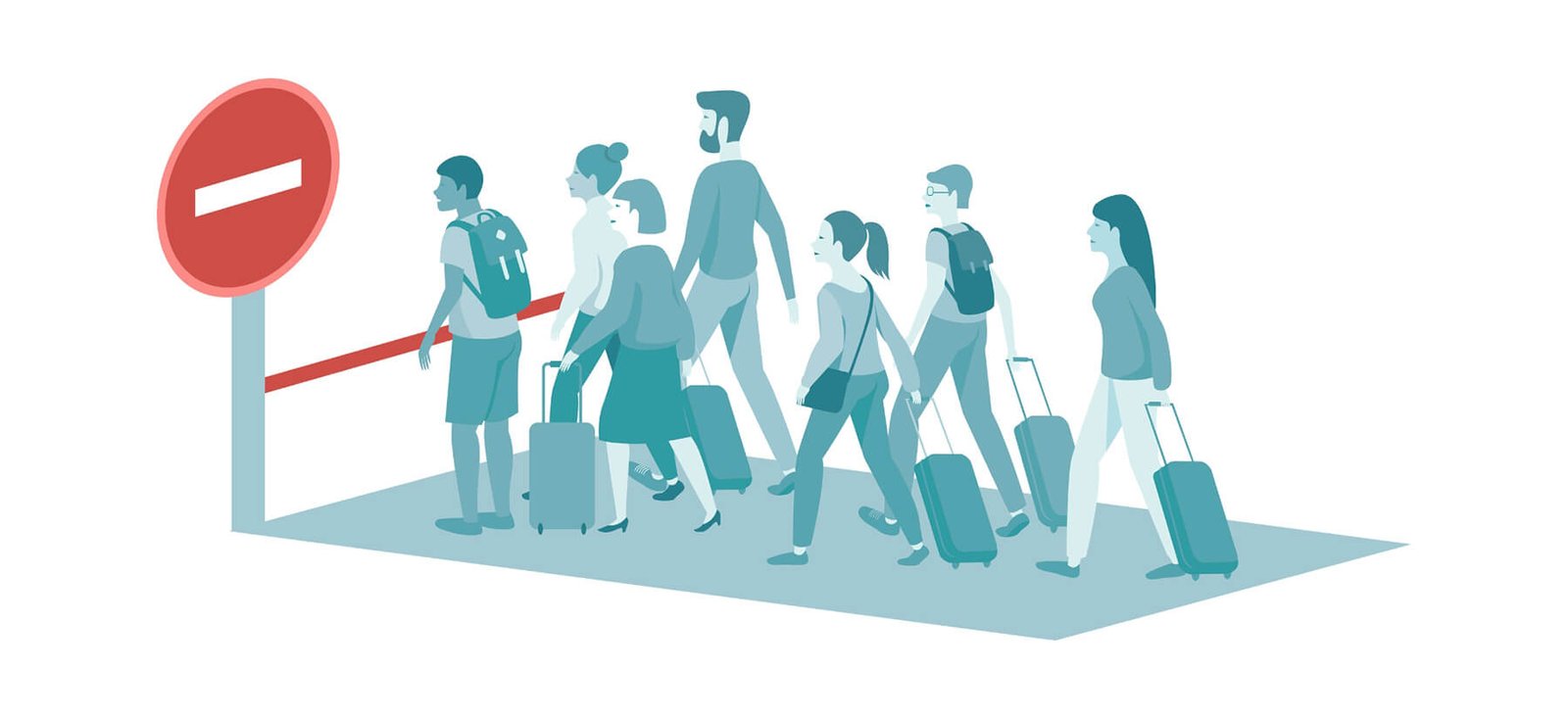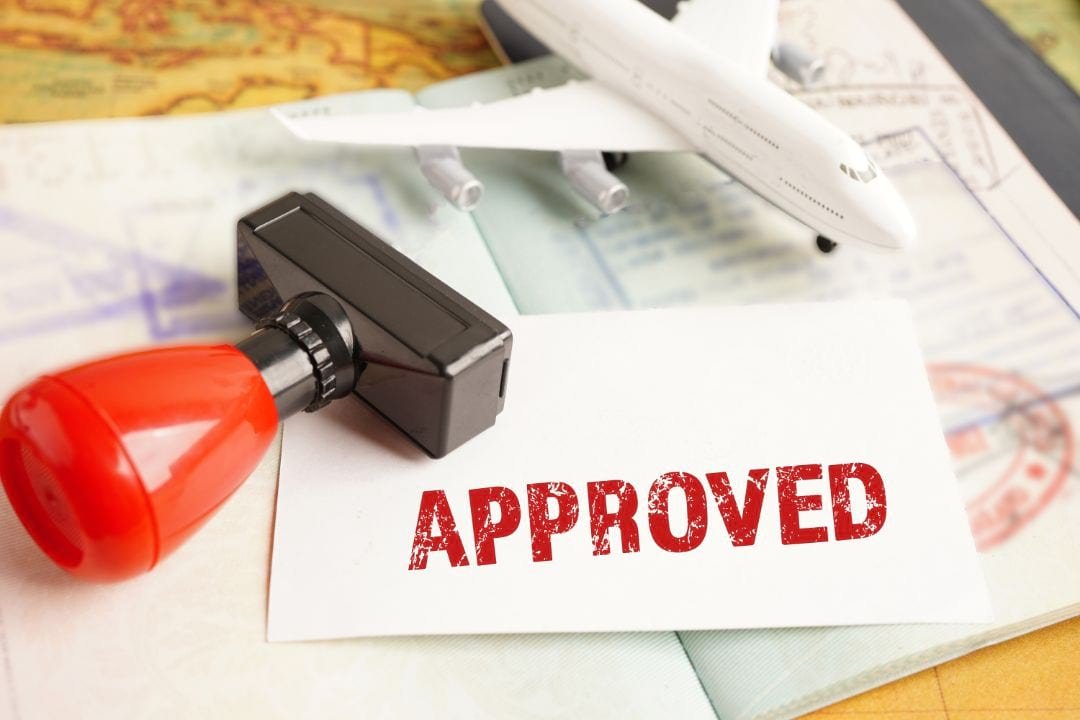

Germany Bans Arrivals From Ireland and Portugal Over New COVID-19 Variants
The German authorities have shut the borders for all non-essential arrivals from two European Union Member States – Ireland and Portugal – due to the number of cases with the new COVID-19 mutation detected in both countries.
The decision has come into effect on January 30 and will remain so until February 17, the Robert Koch Institute has announced. The latter is a German federal government agency and research institute responsible for disease control and prevention, subordinate to the Federal Ministry of Health.
According to the RKI, due to the increase in the number of cases with the new COVID-19 mutation, entry to the country is banned from the following:
- Brazil (virus variant area since January 19, 2021, designated as a risk area since June 15, 2020)
- Eswatini (virus variant area since January 31, 2021, already designated as a risk area since June 15, 2020)
- Ireland (virus variant area since January 13, 2021, already designated as a risk area since January 9, 2021)
- Lesotho (virus variant area since January 31, 2021, already designated as a risk area since June 15, 2020)
- Portugal– (virus variant area since January 27, 2021, including all autonomous regions; high incidence area since January 24, 2021; already risk area since November 8, 2020)
- South Africa (virus variant area since January 13, 2021, designated as a risk area since June 15, 2020)
- United Kingdom of Great Britain and Northern Ireland (virus variant area since January 13, 2021, including all overseas territories, Isle of Man and all Channel Islands, already designated as a risk area since November 2020)
The entry ban covers land, air, and sea travel into the country. Exempt remain only German nationals and residents, as well as passengers in transit or the movement of goods.
According to the German Ministry of Health, the decision to close borders to arrivals from these countries that are affected by COVID-19 variants has been taken in order to “protect the German population.”
The German Ministry of Foreign Affairs, in the meantime, has published a regulation on the current rules of entry to Germany, for those coming from an area with high COVID-9 cases, and those with new virus variants.
“Travelers who have been in a risk area, high incidence area or virus variant area in the last ten days must register at www.einreiseanmeldung.de before arriving in Germany and have proof of registration with them upon entry,” the regulation notes regarding those who are permitted to enter Germany from these areas.
Travellers who cannot complete a digital entry registration can instead complete the Replacement notification in paper form. This is, however, permitted only in exceptional cases.
All arrivals to Germany who in the previous ten days have been in these areas remain subject to the requirement of a COVID-19 test. Children aged six and under are exempt from the requirement.
Thus, the following must be met in order by all travellers:
- register before entering the country via www.einreiseanmeldung.de and have proof of the registration when travelling to Germany
- undergo testing for infection with the SARS-CoV-2 coronavirus before or immediately after entering the country,
- isolate immediately upon arrival in Germany for ten days


















